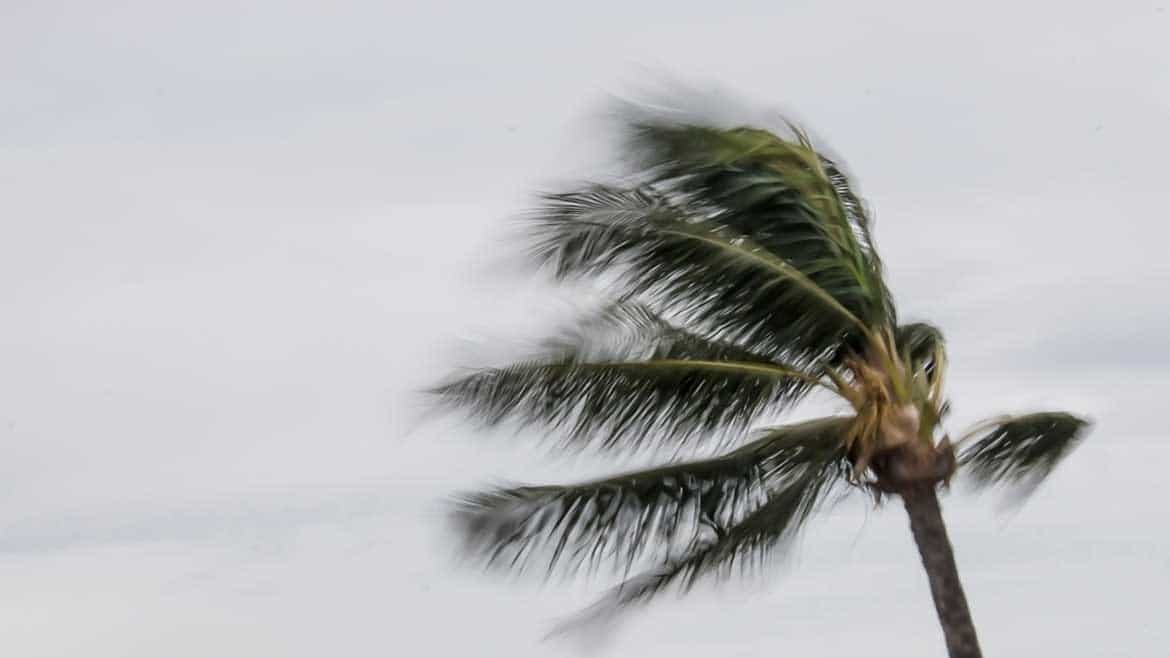Severe Weather and Hurricane Preparedness

Spring is coming to an end, and hurricane season begins in June and runs through the end of November. Hurricane’s high winds can cause damage to your home. You can’t prevent a hurricane from happening, but you can prepare yourself before one happens. Here are some tips on preparing your home before, during, and after a hurricane.
1. Before the hurricane - make a plan
Make sure to stock up on food, clean water, gasoline for your car, medical supplies, and batteries. The duration of a hurricane ranges from a few hours to as much as two weeks so make sure you have enough supplies to last you for a while.
Within your home, make sure all windows and sliding glass doors are secured by wedging them so that they don’t unhinge off their tracks. If you have any outdoor furniture, be sure to fasten them down securely when the hurricane hits. Damages could be caused by flying debris. Also, remember to fuel up your car on gas to ensure that you have proper transportation after a hurricane hits. If possible, park your car in a garage or away from any telephone lines or tall posts. Listen to the television or radio for any updates on an approaching hurricane.
2. During the hurricane
When a hurricane strikes, stay away from any windows or glass doors. Debris can fly through any openings, so keep clear from doors that lead outside also. Closets and bathrooms are the safest places to hide away from a hurricane.
Hurricanes can also cause power outages, so use flashlights to get around the house instead of lighting a candle, which can cause indoor fires. Check to see that you have an adequate supply of fresh batteries, enough to power your flashlights for several days. You should do this if possible no less than six hours before the start of a hurricane. Check to see that all small appliances are unplugged during the hurricane, chances of short-circuiting increase when a storm hits. If possible, refrain from using your phone during a hurricane as well. If you are in a flood zone, turn off electricity at the main breaker.
3. After the hurricane
Assess your home for any structural damage. If damage exists contact your insurance company immediately.
A complete list of supplies to better prepare you in the case of a hurricane can be found at the Federal Emergency Management Agency’s (FEMA) website at www.ready.gov
http://www.hurricanescience.org/
4. If you have to file a claim
We at DTRIC want to make sure that you have everything you need to make the claims process as fast and smooth as possible. The DTRIC Claims team is ready to assist you with any claims that may be generated by a hurricane and have various means for you to begin the claims process:
- By Phone: 24-Hour Claims Hotline 1-888-HI-DTRIC (1-888-443-8742)
- By Fax: (808) 951-1868
- By Email: claims@DTRIC.com
- Online: www.DTRIC.com/claims
Requested Information
When you contact us to file a claim, we ask that you provide as much of the information list below as possible.
For Home Claims:
- Name of insured
- Contact number
- Address of insured
- Policy number
- Date and time of loss
- Location of loss
- Description of loss and damage
For Auto Claims:
- Insured vehicle
- Description of incident and damage
- Date and time of loss

